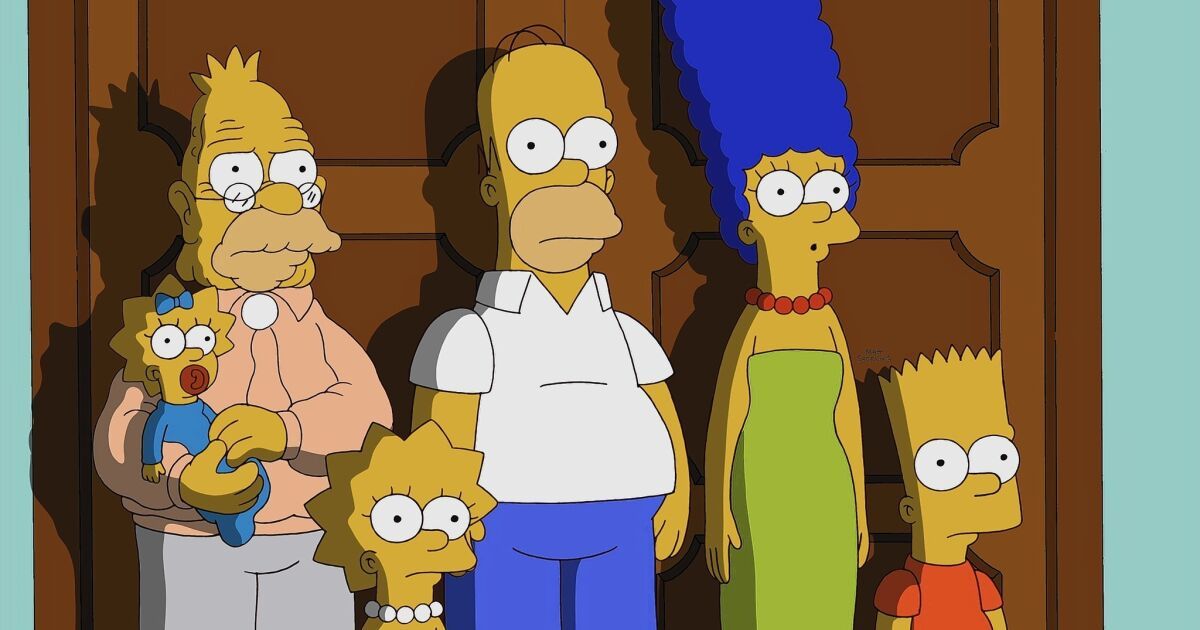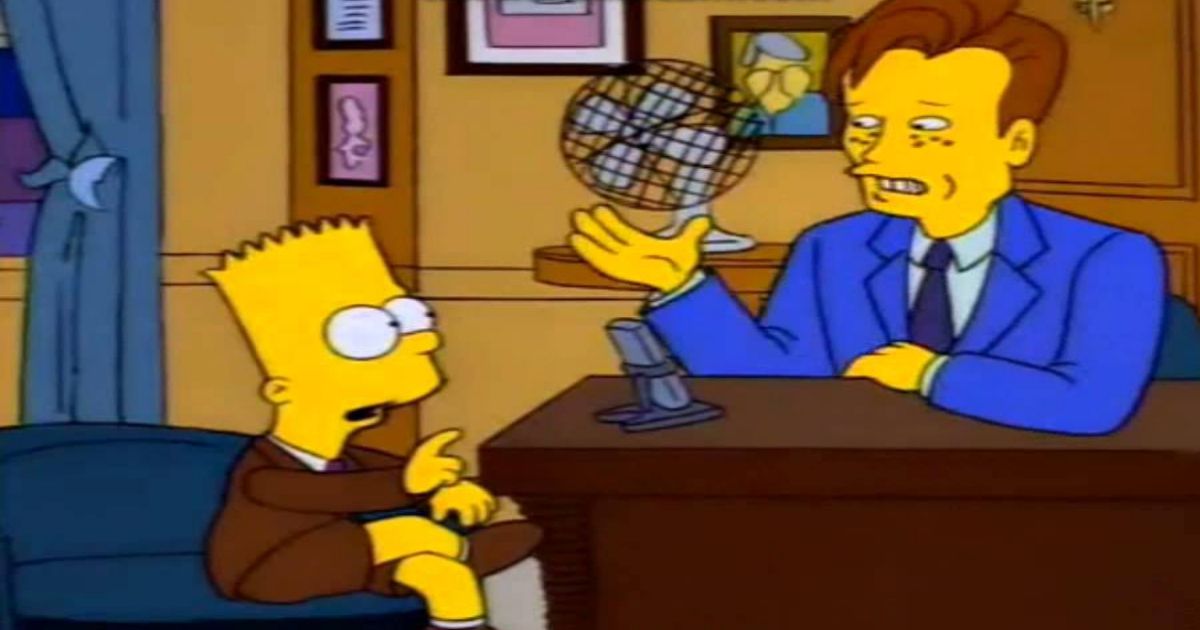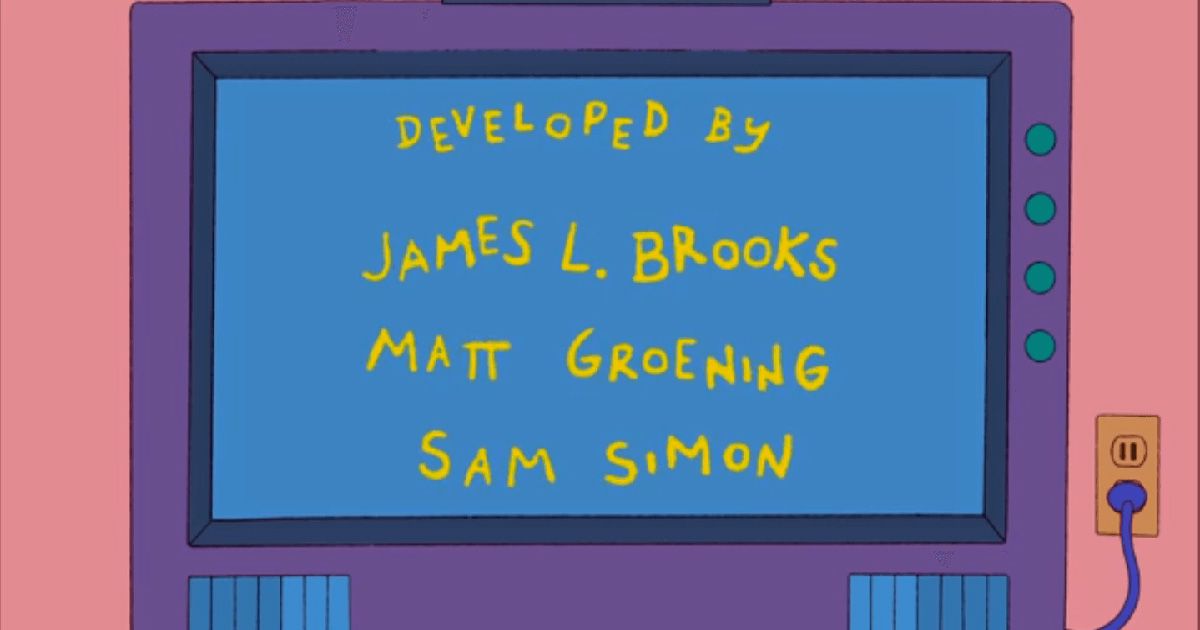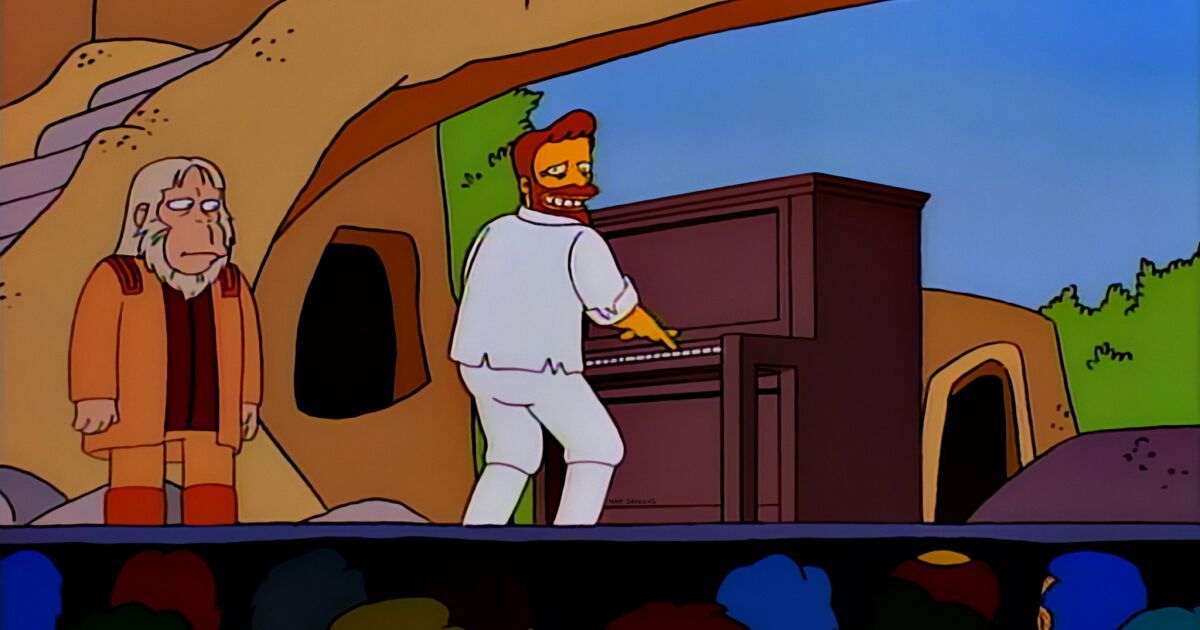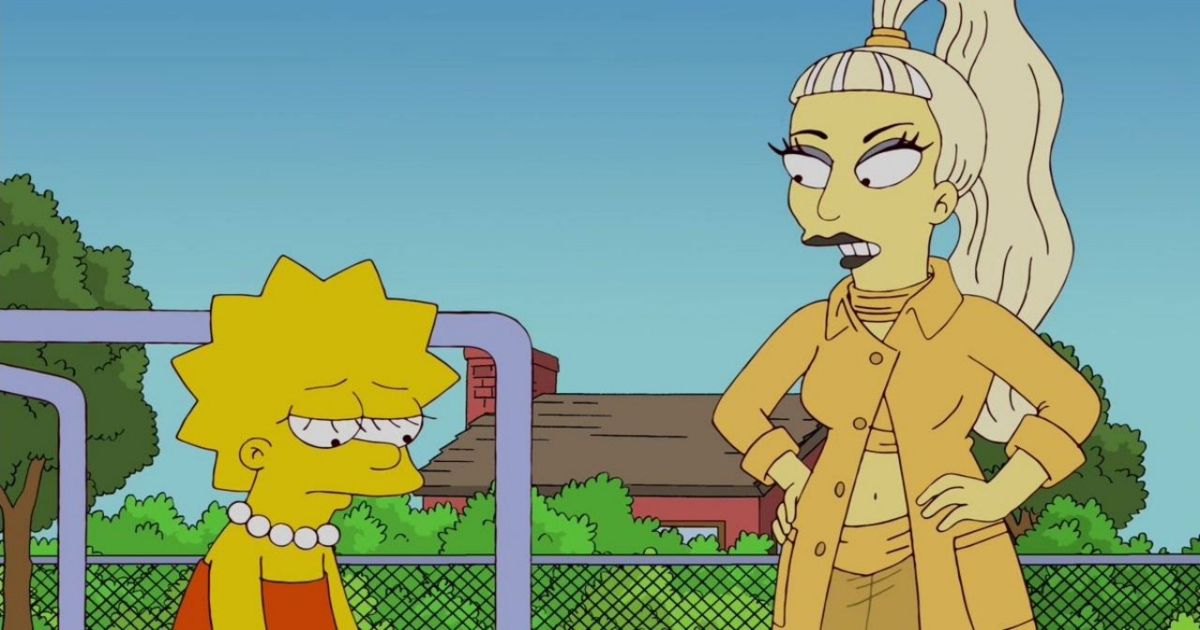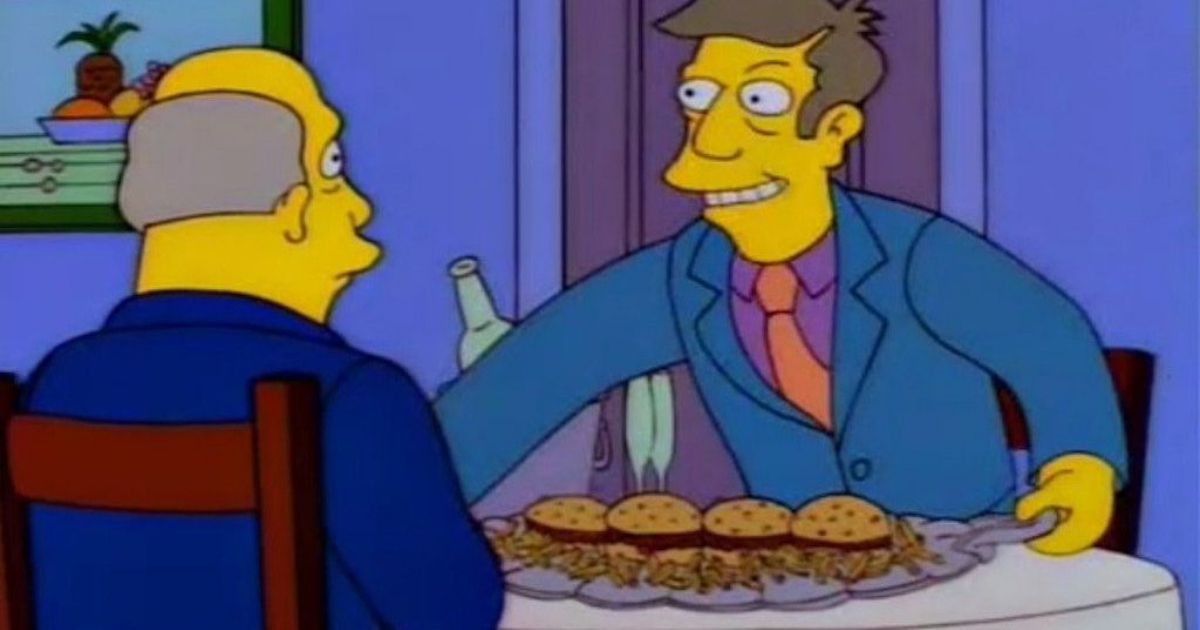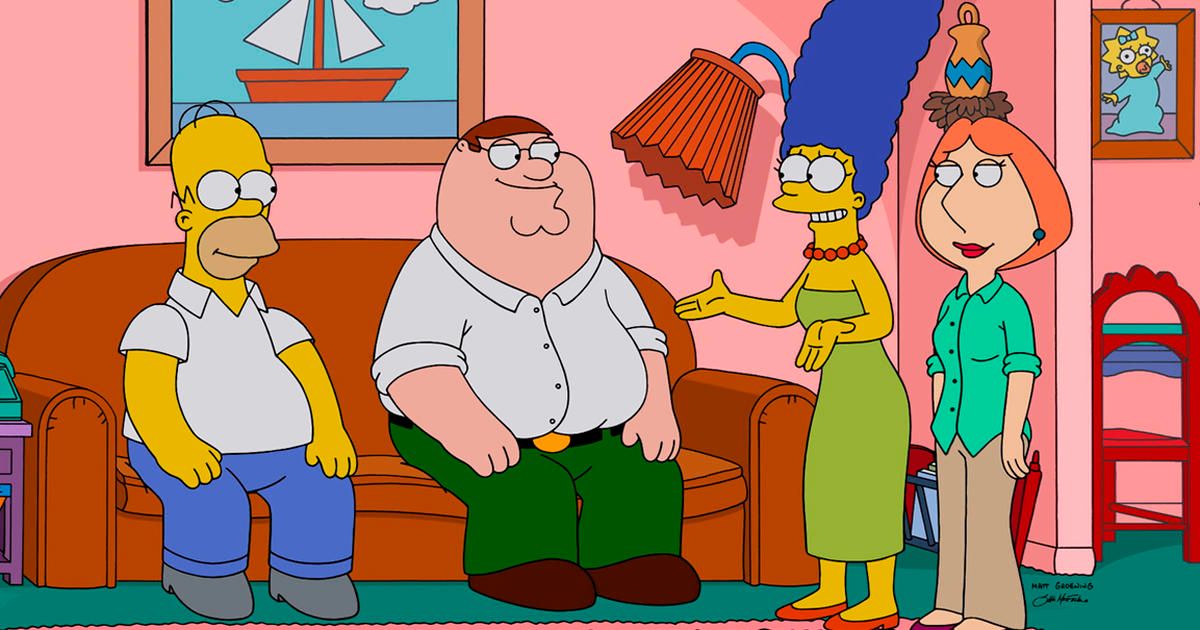One of the most hotly debated topics in the cartoon world is whether The Simpsons should still continue to put out new seasons or call it quits. In the 90s, you couldn’t turn on your TV set without getting sucked into “Simpsons mania,” but those days are long past us. And though every diehard Simpsons fan will tell you that the golden age is long gone, many can’t put their finger on why.
But there are a number of reasons that we’re about to get into that will maybe make you look at the series in a different light, and give you a newfound appreciation for some of the later seasons. At the very least, we hope that highlighting why the series aged out will give you some closure if you’re not one to dare look past season 10.
6 Golden Era Writing Staff Was Mostly Gone by Season Seven
An unfortunate reality that long-running shows will have to face is that their writing staff isn’t going to stick around forever. By the end of season seven, The Simpsons lost the writing talent of Conan O’Brien, Bill Oakley, Josh Weinstein, Greg Daniels, and Dan McGrath. And as much as we love what they contributed to The Simpsons during this time period, they simply wanted to pursue different projects. And though Conan O’Brien still speaks fondly about his run with The Simpsons to this day, we can’t blame him for wanting to branch out at this point in his career.
5 Matt Groening Moving Onto Different Projects
Though Matt Groening is still involved with The Simpsons, the late '90s saw him working on other projects like Futurama. But this is just a small part of the equation, considering that Groening was only the show runner alongside James L. Brooks and Sam Simon for the first two seasons of the series. But the show was still in great hands by season seven when Bill Oakley & Josh Weinstein, who wrote for the show, became the show-runners during the tail end of the golden era.
4 Phil Hartman's Passing
Perhaps the biggest blow to The Simpsons was the untimely death of the legendary Phil Hartman. Hartman voiced two notable recurring characters that gave the golden era its charm: washed up Hollywood actor Troy McClure, and sleazy attorney Lionel Hutz. Though these two characters were ancillary at best, they made dozens of appearances on the series, and Hartman would also do voice-acting for a number of one-off extra characters with his signature voice and delivery.
When we lost Phil Hartman in 1998, so did The Simpsons, and the show was never the same after that.
3 New Generation of Writers Grew Up Watching The Simpsons
When The Simpsons was first conceptualized, it was an unprecedented upheaval of the traditional family sitcom. In other words, there was no frame of reference to look back on. The closest thing we could think of is The Flintstones, but even that’s a stretch. Matt Groening, James L. Brooks, and Sam Simon worked tirelessly to create an animated family sitcom that was deeply rooted in satire and anti-authoritarian sentiments, and they paved the way for subsequent series to do the same.
But we’re in a new generation, with new writers who grew up watching The Simpsons, and we can’t really fault them for making the show a little self-referential. When you grow up loving a series, and you’re tasked with writing for it when you hit adulthood, you have the context to look back on, and this context simply didn’t exist during the early stages of The Simpsons.
2 Messing with Long-Established Backstories
One of the most glaring instances that indicated the beginning of the end came about when Principal Skinner’s backstory was altered to ridiculous proportions. In the season nine episode, “The Principal and the Pauper,” we learn that Skinner was actually an imposter named Armin Tamzarian, and that the real Principal Skinner never returned from the Vietnam War. But given Skinner’s backstory from the eight preceding seasons, this just didn’t make sense. Skinner lived in fear of his overbearing and domineering mother, and this dynamic only makes sense if you consider his upbringing, which was established throughout the run of the show up to this point.
Needless to say, this episode received quite a bit of backlash, and is considered by many to be the end of the golden era. In the classic sitcom fashion, everything went back to normal at the end of the episode, but die-hard fans will never forget what happened.
1 Competing with Shows Like Family Guy and South Park
As we approached the new millennium, The Simpsons wasn't the only animated family sitcom. Though The Simpsons was a legendary proof of concept that changed how we looked at cartoons, they were not without competition by the late '90s. Shows like South Park, King of the Hill, and Family Guy soon became forces to be reckoned with. And what’s more, these shows made The Simpsons look tame in many ways; Family Guy’s Peter Griffin made Homer Simpson look like a saint, and King of the Hill’s deadpan satire gave The Simpsons a run for their money.
We’d need to write an entirely different article to highlight how South Park was able to remain topically relevant with the intimidating six-day lead-time it needed to produce an episode. And while it’s worth mentioning that The Simpsons still has its charm in the later seasons, there’s a much more robust playing field to compete on than when the show was originally conceived in 1989.

